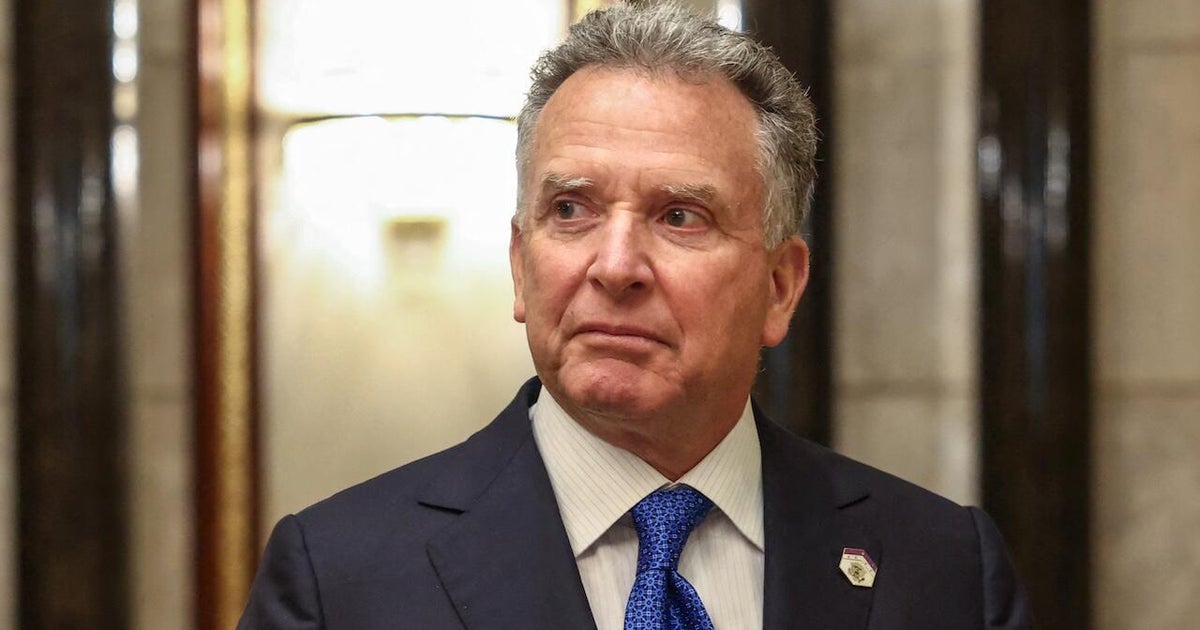Key takeaways:
- A prisoner exchange between the United States and Russia resulted in the return of Ksenia Karelina, a dual U.S.-Russian national, to American soil after being sentenced to 12 years in a Russian penal colony on charges of high treason.
- The exchange involved Arthur Petrov, accused of forming a global smuggling spy ring, with details of his activities undisclosed; Karelina was warmly greeted by her fiancé upon arrival at Joint Base Andrews in Maryland.
- The operation, facilitated by U.S. special envoy Steve Witkoff, underscores the diplomatic efforts and logistical coordination required for such exchanges, marking a significant moment in U.S.-Russia relations.
In a recent development, a prisoner exchange between the United States and Russia has resulted in the return of Ksenia Karelina, a dual U.S.-Russian national, to American soil. Karelina, a former ballerina residing in Los Angeles, had been sentenced to 12 years in a Russian penal colony on charges of high treason. Her arrest in February 2024 was linked to allegations of financially supporting Ukraine’s military through a charity donation. The exchange took place on Thursday night, with Karelina arriving at Joint Base Andrews in Maryland, where she was warmly greeted by her fiancé, Chris van Heerden.
The exchange involved Arthur Petrov, who was accused of forming a global smuggling spy ring. The details of Petrov’s activities and the charges against him have not been fully disclosed, but his release was part of the negotiation that led to Karelina’s freedom. The plane carrying Karelina landed at 10:56 p.m., and she was seen smiling as she descended the steps to meet van Heerden, who offered her his coat in the chilly 50-degree weather.
The operation was facilitated by U.S. special envoy Steve Witkoff, who traveled to Russia on Friday, as confirmed by the Kremlin. The envoy’s involvement underscores the diplomatic efforts undertaken to secure Karelina’s release. The plane used for the exchange had been tracked by Flightradar24, showing its arrival in St. Petersburg on Friday morning, indicating the logistical coordination required for such international negotiations.
This exchange marks a significant moment in U.S.-Russia relations, highlighting the complexities of diplomatic negotiations involving citizens held on serious charges. The return of Karelina to the United States brings relief to her family and supporters, while the broader implications of the exchange continue to unfold in the context of international diplomacy.



Be First to Comment